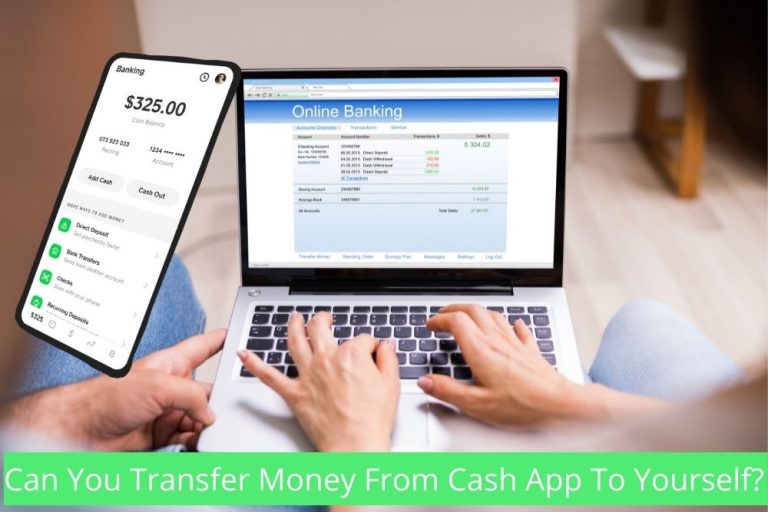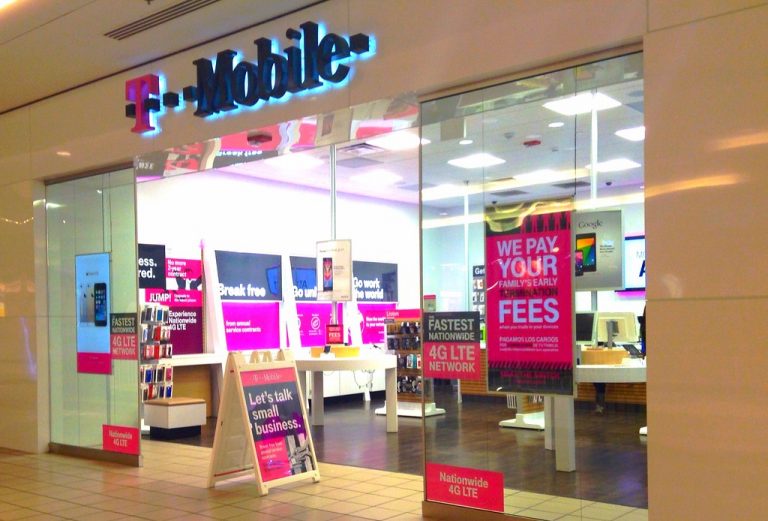Finding out your bank account has been frozen may be both worrisome and irritating, not to mention humiliating.
It’s much worse when you discover it when attempting to use your debit card at the supermarket or trying to acquire cash for a night out with pals.
Bank accounts may be frozen for a variety of reasons, each of which necessitates taking certain steps to unfreeze them.
It’s annoying to have your bank account freeze, particularly if there’s a large quantity of money in it. One could consider closing the frozen bank account
However, if you are familiar with the method or protocols involved in closing a bank account, you will undoubtedly ask yourself this question.
Is It Possible To Close a Frozen Bank Account
NO It is not possible to close a frozen bank account. When your bank account is frozen, all of your money is held by the bank until either you pay back the debt owed or the creditor who put a hold on your account releases it.
The only way to release a frozen bank account is through negotiation with the creditor or debt collector who froze it in the first place. This can be difficult if you don’t know who owns your debt or where they’re located
why Is a Bank Account is Frozen
Below are the major reasons your account might be frozen up
Activity That Is Suspicious or Illegal
If banks think account holders are engaging in illicit activity, they have the ability and discretion to freeze accounts. Following incidents such as the September 11 terrorist attacks, banking laws grew more stringent to clamp down on criminal businesses that conduct their business via financial institutions.
Banks constantly monitor accounts for unusual behaviour such as money laundering, in which huge quantities of money obtained from illicit activities are put in bank accounts and transferred around to seem as though they came from a legitimate source. Banks often suspend accounts due to suspicions of terrorism funding.
If you write and cash bad checks, your bank may put a hold on your account. Even if you don’t have enough money in your account, it’s OK to attempt to cash a check you’ve written. After all, the check can take a few days to clear, right? The bank, on the other hand, disagrees. Writing checks on an account with insufficient funds and doing so frequently is called fraud.
Even if the transactions are lawful, big and unusual deposits might cause your account to be flagged. When you win large at the casino, you’ll almost certainly notify the bank when you attempt to deposit your winnings.
You may also have been a victim of identity theft if your bank flags unusual activity that you’re convinced you weren’t responsible for. Some of the top credit monitoring services also provide features such as identity theft insurance and valuable tools for enhanced data security.
Creditors Collecting Unpaid Debts
The lender may access your account(s) to settle the defaulted debts without filing a lawsuit or judgment if you have your loan accounts at the same institution as your bank account. You grant the bank complete access to your account when you sign for the loan, even if you fail.
Government debts that have not been paid
Individuals who owe the government money for school loans or taxes may have their bank accounts blocked. Any unpaid taxes may be levied by the Internal Revenue Service (IRS). It will not be removed until the loan is completely paid off.
For outstanding student loans, the government may take a variety of actions, including taking your tax return or garnishing a portion of your wages each month.
When you fail on a federal loan, your lender may likely garnish your salary and taxes without having to seek a court judgment.
Can you Withdraw Funds From a frozen bank account
No, you cannot withdraw funds from a frozen bank account. The bank does not have to give you access to your funds if your account has been frozen. They may or may not be able to provide some sort of reimbursement for your losses, but they are under no obligation to do so.
Your only recourse is to take legal action against the bank and/or the person who froze your account. This can be very expensive and time-consuming and may not yield any results at all.
In the case of a frozen bank account, the bank client will not be able to withdraw money or use the account to make payments. Money may be deposited into the frozen account, though.
If you have a large amount of money in your frozen bank account and wish to remove it and shut it, I’m sorry, but this is not possible. Before closing the account, you must first fix the matter with your bank account.
In rare circumstances, if your bank account has been blocked due to a court order issued by a creditor, the bank will pay the creditor from your bank account.
You will only be able to access your funds after the issue has been fixed and your account has been unfrozen.
The bank consumer may sometimes choose to close the frozen account and start a new one. If a creditor learns of the new account, the bank will place a hold on it as long as the creditor gets a court order.
Unless you know you’re doing anything illegal or fraudulent, you should go to the bank and straighten things up if your account was frozen due to suspicious behavior.
You won’t be able to terminate your account in this instance, but you may choose to let it go and forfeit the funds.
So, when it comes to the topic of whether or not you can cancel a frozen bank account, the answer is a resounding “No”.
Would You Get A Refund If Your Account Is Frozen?
When a bank freezes your account, it might signify that something is wrong with it or that you have a judgment against you for an outstanding obligation.
An account freeze is when your bank prevents you from making certain transactions. You may still access your account, but only to a limited extent.
You can still see what’s going on with your account and receive payments, including your paycheck.
However, the freeze prevents any withdrawals or transfers from taking place. As a result, whatever money is placed into the account during this period remains there.
But then you can’t lay your hands on the money, not until the issues have been cleared and your account freeze or ban is lifted.
This is the only way you can get a refund. In that case, let’s look at how you can unfreeze your frozen bank account.
How to Legally Unfreeze a Frozen Bank Account
What options do you have if your bank account has been frozen? There are several actions you can take, and you should do them as soon as possible. But don’t worry. When a bank account is blocked, many individuals get panicked and feel as though their options are limited.
While a frozen account is a severe stumbling block, moving quickly with the help of a bankruptcy and debt collection defence attorney may help you get your money back.
To unfreeze a bank account, follow these steps:
1. File For Bankruptcy
Money is not immediately removed from your account when it is blocked due to outstanding bills, as previously stated. If you declare bankruptcy as soon as you learn that your creditor wants to levy your account, you may take advantage of this.
Because of the “automatic stay,” when you file for bankruptcy, all collection operations are instantly halted. If a creditor’s ultimate goal was to take cash from your account, they will be unable to do so once you file your bankruptcy case. Wage garnishments will also be halted as a result of the automatic stay.
A frozen account will not be instantly unfrozen if you file for bankruptcy. The sheriff who handled the court order to freeze the account must be shown proof of the filing. The bank should also be provided proof of the filing. Additionally, notifying the Creditor’s lawyer, if any, that you have filed for bankruptcy is beneficial.
The monies will become part of the bankruptcy estate once the account is unfrozen. Be careful that trying to remove cash to conceal them or irresponsibly squander them might result in fraud charges and create a bankruptcy crisis.
2. Getting the Judgment Against You Overturned
Many individuals just have one creditor to deal with, so now is an excellent time to try to settle that obligation. If you and your creditor can agree to pay a particular amount in a single sum or over time, the creditor may be able to get the judgment annulled and your bank account unfrozen.
In Conclusion
When a bank account is frozen, how long does it take to unfreeze it?
It depends on why your account was locked in the first place. In the event of suspected account fraud, a simple phone call to your bank may be all that is required to have the monies freed.
It will take time to reach an arrangement with a creditor or to prepare and file a bankruptcy petition in the case of a creditor levy. The money is released after you declare bankruptcy and your bank receives the notification of your filing.
- [ANSWERED] What Is Chase Bank Teller Withdrawal Limit? - July 3, 2025
- The Complete Guide to Crypto Arbitrage - July 3, 2025
- Does Taco Bell Take Google Pay? - July 3, 2025

![[ANSWERED] Can You Close a Frozen Bank Account? 1 Is It Possible To Close a Frozen Bank Account](https://milvestor.com/wp-content/uploads/2022/05/How-to-Close-a-Frozen-Bank-Account-1-scaled.jpg)


